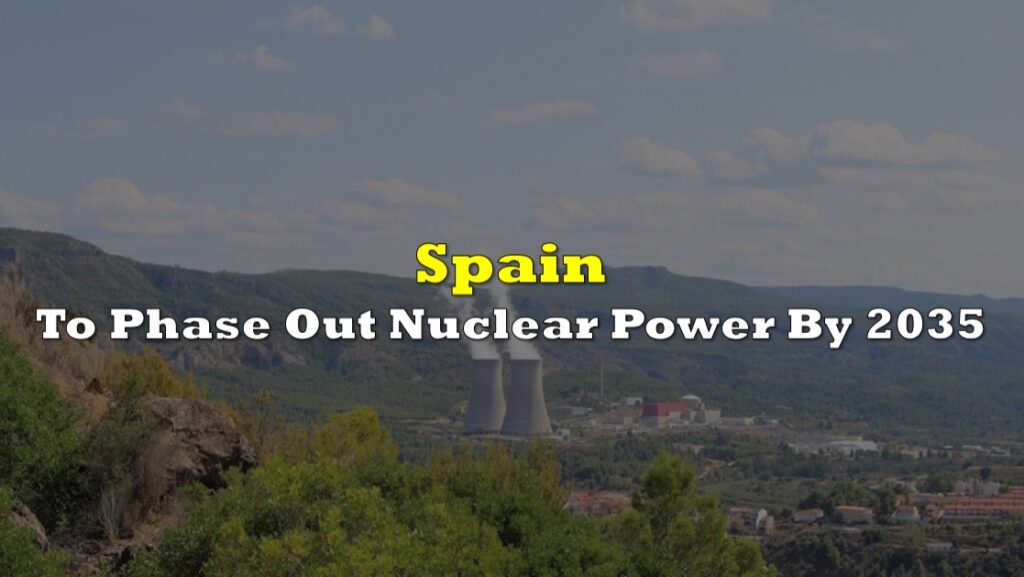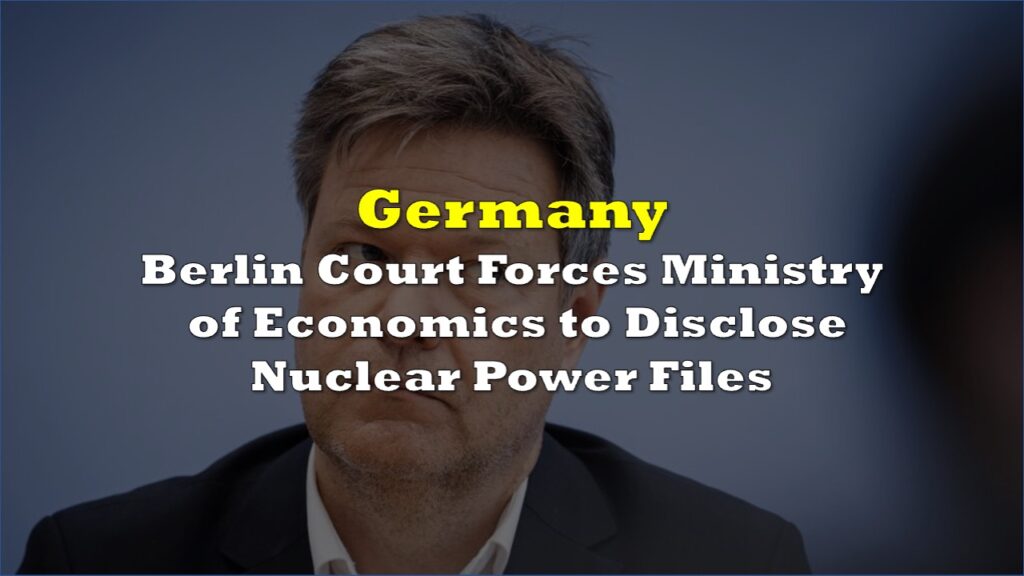In recent decades, nuclear energy generation in the United States has plateaued, posing a significant challenge to the nation’s clean energy ambitions. Data from the Energy Information Administration highlights that nuclear power output has remained relatively flat since the early 2000s. This stagnation has implications for the broader energy landscape, especially as the country seeks to reduce its carbon footprint and transition to renewable energy sources.
Nuclear energy production in megawatt-hours saw substantial growth from the late 1970s through the 1990s. However since the early 2000s the output has hovered around the same levels, showing minimal growth. Additionally the percentage of electricity generated by nuclear power peaked in the early 2000s and has since experienced a gradual decline. This indicates that while nuclear power remains a crucial part of the energy mix, its relative contribution to the total energy supply has decreased.

ADVANCE Act
In an attempt to address these challenges and invigorate the nuclear sector, President Joe Biden recently signed the ADVANCE Act into law. This bill aims to streamline the regulatory framework surrounding nuclear energy, making it easier and more cost-effective to build new nuclear plants and upgrade existing ones.
ADVANCE Act seeks to enhance the efficiency of the Nuclear Regulatory Commission (NRC) by increasing staffing, reducing licensing fees, and expediting application processing. This could significantly lower the barriers to entry for new nuclear projects.
Additionally, the legislation emphasizes the development of small modular reactors (SMRs), which are expected to be cheaper, safer, and more flexible than traditional nuclear reactors. The bill includes incentives for companies to meet specific development milestones.
One innovative provision allows for the transformation of decommissioned fossil-fuel plants into nuclear facilities. This could leverage existing infrastructure and provide economic benefits to regions impacted by the decline of fossil fuels.
The ADVANCE Act also includes provisions to promote the development of nuclear fusion, a technology that promises to revolutionize the energy sector if successfully commercialized. Fusion reactors, which mimic the processes powering the sun, could provide a virtually limitless and inherently safe energy source.
The International Energy Agency (IEA) has stated that to achieve net-zero emissions by 2050, global nuclear capacity must roughly double. Despite this, the U.S. is projected to see a decline in the share of electricity generated by nuclear power, from about 18% today to around 12% by 2050.
Information for this briefing was found via Bloomberg and the sources mentioned. The author has no securities or affiliations related to this organization. Not a recommendation to buy or sell. Always do additional research and consult a professional before purchasing a security. The author holds no licenses.









